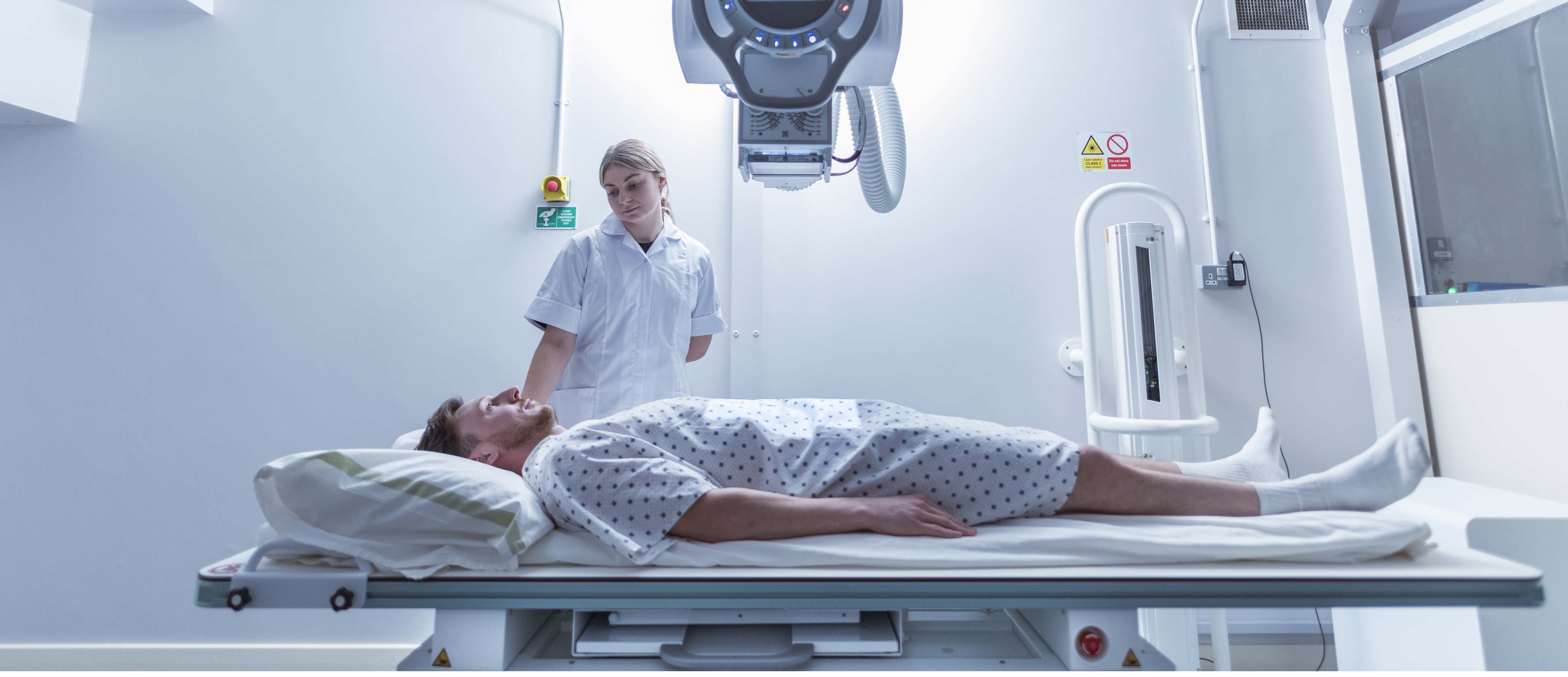
Diabetology
MGDM Hospitals offers the best personalised diabetic care with a focus on prevention, and we promote healthy and holistic lifestyle practices.
- Our exclusive endocrinology programmes are based on preventing the early onset and progression of diabetes.
- Under the guidance of MGDM expert specialists, our diabetology department excels at providing the best care to help you overcome the trouble of diabetes.
Overview
To induce anaesthesia, doctors use drugs commonly called anaesthetics. These drugs differ based on their intended use and effects, as well as the kinds of surgeries they are mainly used for.
The types of anaesthetic drugs include general, regional, and local anaesthetics. General anaesthetics are used to make patients unconscious during the procedure. Local and regional anaesthetics, on the other hand, are effective in numbing parts of the body, allowing surgeons to operate on that specific area of the body.
At MGDM Hospitals, we have the best anesthesiology department that is equipped with world-class facilities and a skilled and experienced team of anesthesiologists to make your anaesthetic experience smooth and effective.
Diabetology is the study, management, and medical treatment of diabetes. A doctor who specialises in diabetology is known as a "diabetologist." A diabetologist can be a doctor that exclusively specialises in diabetology or an internal medicine specialist with an additional specialisation in diabetology.
MGDM Hospitals offers the best personalised diabetic care with a focus on prevention, and we promote healthy and holistic lifestyle practices. Our exclusive endocrinology programmes are based on preventing the early onset and progression of diabetes. Under the guidance of expert specialists, our diabetology department excels at providing the best care to help you overcome the trouble of diabetes.
Types of Diabetes
Usually, the treatments and plans for managing diabetes are based on an accurate diagnosis of the disease and the specific type of diabetes. These are the types and classifications of diabetes that you should watch out for.
This is an autoimmune disease that destroys the insulin-producing cells in your pancreas.
This is the most commonly diagnosed type of diabetes, and it’s called "insulin-resistant diabetes" because this type of diabetes makes your body resistant to insulin, resulting in a sugar buildup in the blood. This type of diabetes is also commonly diagnosed in young people.
This type of diabetes results in increased levels of blood sugar, but they're not high enough to be diagnosed as Type 2 diabetes. It's most commonly diagnosed in middle-aged or older adults.
This type of diabetes affects expecting mothers during pregnancy due to insulin-blocking hormones produced by the placenta. The treatment for this type of diabetes usually involves taking into account the health of both the mother and the child.
Diabetologist's Role
In general, the role of a diabetologist includes the following responsibilities:
- Accurate diagnosis and treatment of diabetes
- Regular monitoring and management of blood sugar levels
- Providing suitable lifestyle plans for diabetes management
- Preventive medication
-
Treating diseases closely related to and associated with diabetes, such as
- Conditions affecting lipid metabolism
- Extreme Obesity
- High Blood Pressure
Treatments for diabetes
At MGDM Hospitals, we offer the following treatments to encourage the healthy elimination of diabetes through prevention, regulation, and personalised lifestyle treatments:
- Lifestyle changes in cases of obesity or addiction
- Personalised advice on optimising diet and suitable exercise
- Assessing the pathology and possible secondary diseases
- Preventing the onset or progression of diabetes or other secondary diseases.
- Oral antidiabetics
- Drug therapy with tablets
- Insulin therapy
- Administering insulin with pens, syringes, or pumps
- Regular monitoring of your blood sugar levels
Be it personalised diabetic solutions or resolving diabetic complications with the help of medication and the latest technology